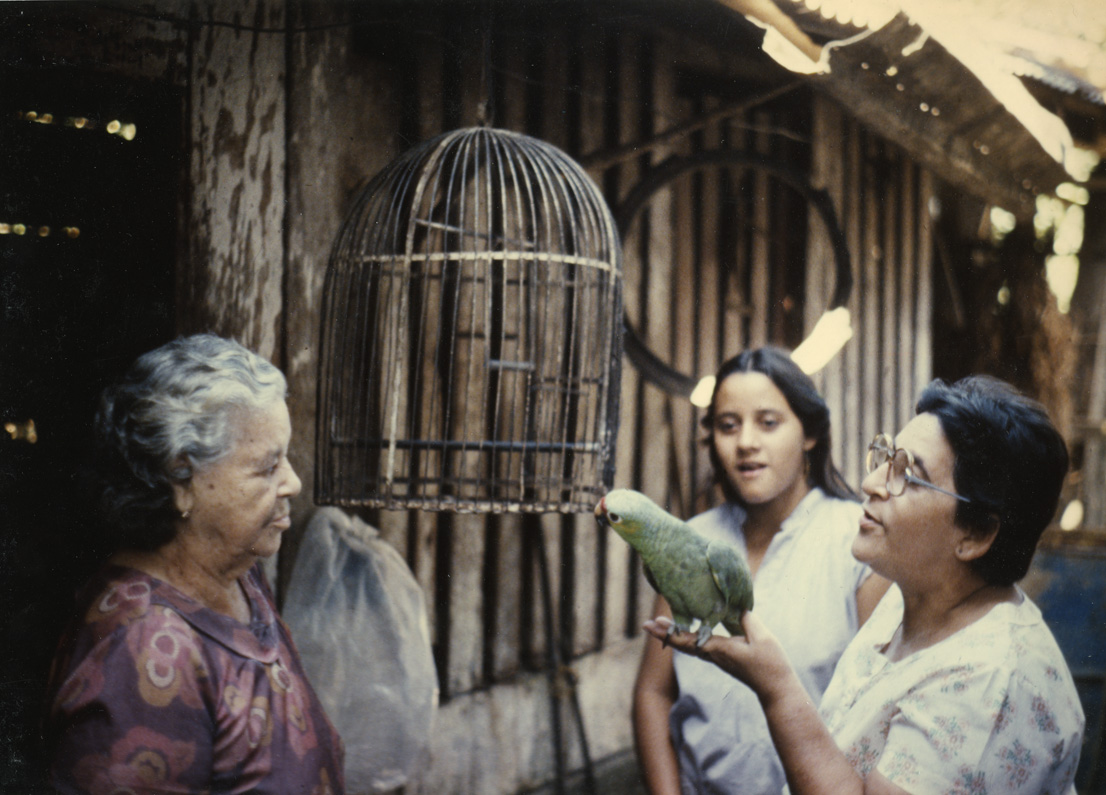Communist Party of Massachusetts Collection
A branch of the Communist Party of the United States of America, the Communist Party of Massachusetts enjoyed strong popularity during the 1930s and 1940s, organizing the textile and other manufacturing industries.
This small collection is comprised of a miscellaneous assemblage of fliers, broadsides, and ephemera issued by the Communist Party of Massachusetts and its affiliates from the mid-1930s through the repression of the McCarthy era. Originating mostly from Boston, the items in the collection center on significant themes in Communist thought, including opposition to Fascism and militarism, labor solidarity against capital, and elections. A small number of items relate to Party-approved cultural productions, including plays and gatherings to celebrate Lenin or the Russian Revolution. Many items are associated with Otis A. Hood, a perpetual candidate for public office on the Communist Party ticket who became a target for McCarthy-era repression in the mid-1950s.



